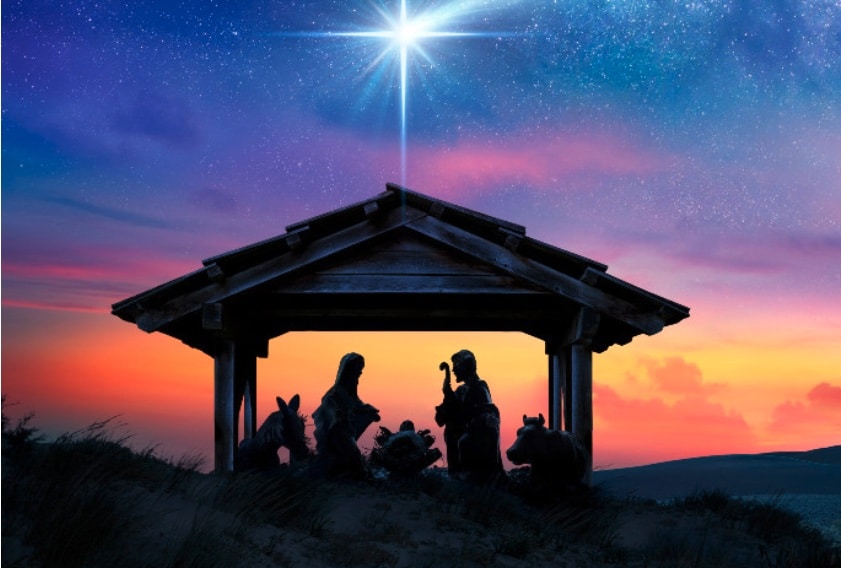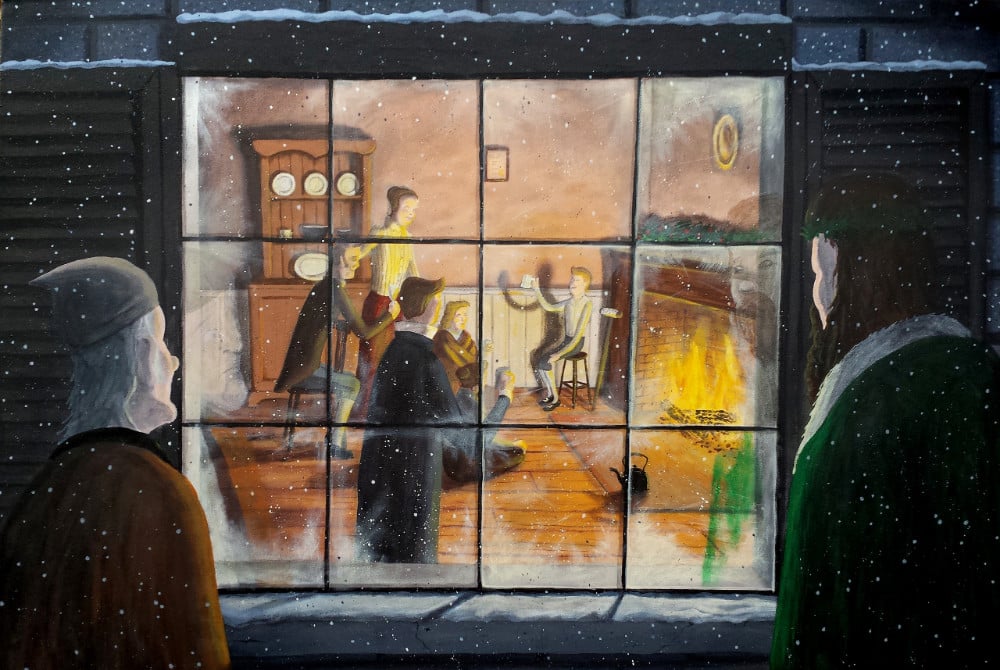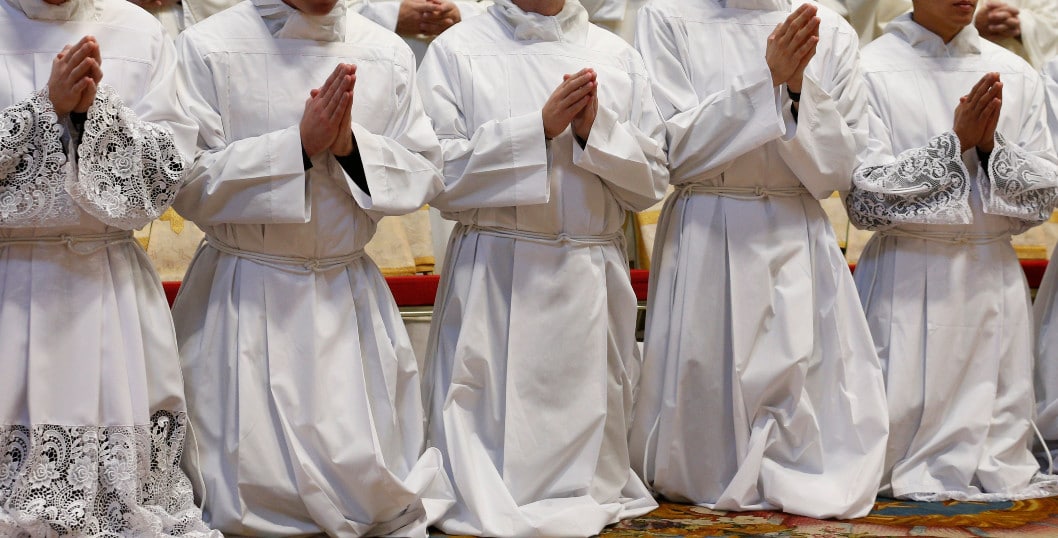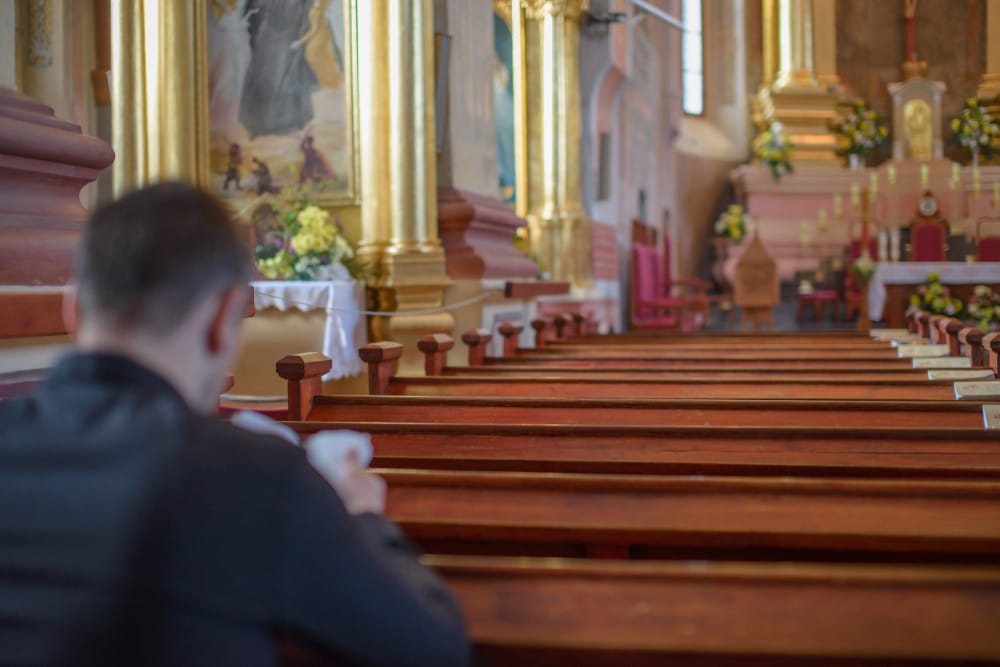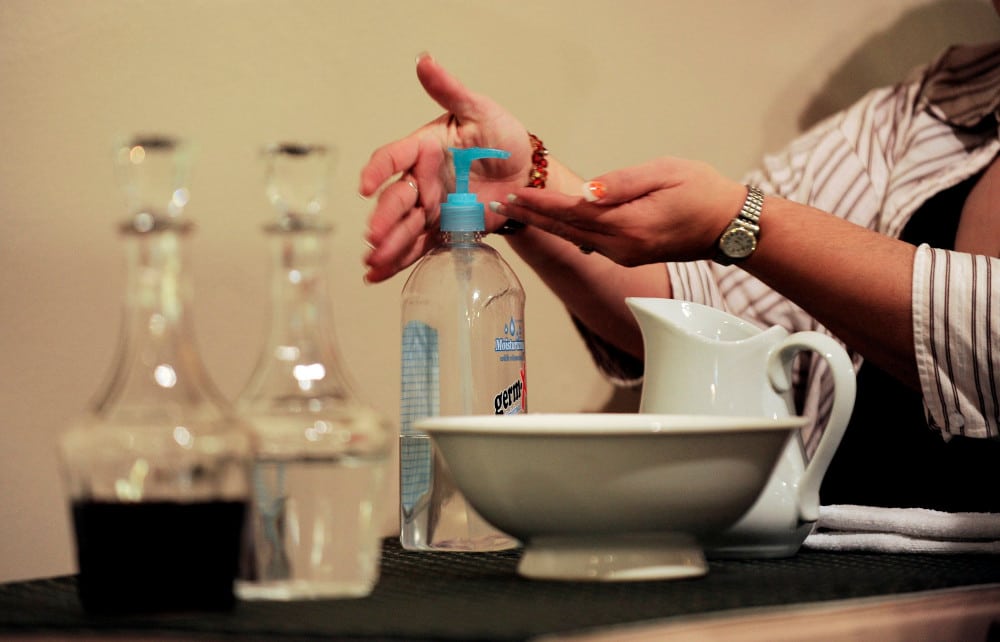 For the solemnity of the Immaculate Conception this year, Catholics for Choice sent out an email with the subject line: “Mary had a choice. So, should we all.”
For the solemnity of the Immaculate Conception this year, Catholics for Choice sent out an email with the subject line: “Mary had a choice. So, should we all.”
The president there quickly made clear he knows the Immaculate Conception is about Mary’s conception. “(Not Jesus!)” It is often a matter of confusion — people think that the Immaculate Conception is about the conception of Jesus. It’s about Mary’s purity.
But then he couldn’t help but to reflect on Mary’s “radical moment” of “consent.” It was, of course, obvious from the subject line what would come.
It’s maddening. It’s pathetic. It’s blasphemous.
Not only do they declare that “Mary’s ‘yes’ embodies the power of reproductive choice. We work for the same freedom for all women, trans, and nonbinary people.” But also, that: “The Catholic hierarchy claims to speak on behalf of all Catholics on matters of sexual and reproductive health care, but we know the truth.”
It turned out it’s all a crass fundraising email using Mary the Mother of God to promote evil lies.
And, as it happens, when the email dismisses those celibate men who are the successors of the apostles, they are really rejecting the teachings of the Catholic Church. So much for “Catholics.”
But I write this not to get your blood pressure raised during the Advent and Christmas seasons. It’s about a challenge.
The Catholics for Choice approach is obnoxious and about politics. But the challenge is that there are people of goodwill who believe that being a Catholic for abortion is another lifestyle choice. And even if recipients of the email can see the ridiculousness of the pitch and are even repulsed by over-the-top suggestions that Mary can be a pro-abortion poster woman for abortion, the Catholics for Choice antics add to the confusion in our culture today. Life is too short to get angry or outraged at every stupid email, but the challenge is about credibility.
Are people overwhelmed by our Christian witness of love? In particular: Do they see us walking with women and babies and families? People should see us everywhere doing things that would both astound and inspire them.
The U.S. Conference of Catholic Bishops has proposed a Walking with Moms initiative that would show people that we are serious about being a culture of life and civilization of love as Pope St. John Paul II talked about in the “Gospel of Life,” Evangelium Vitae.
I’m writing this from the set of a movie in progress about a small black Baptist church in Possum Trot, Texas, which took eternally seriously the biblical mandate to care for the orphan. In Christian adoption circles (evangelicals are better at this than Catholics these days, generally speaking), it is said that if every church made a home for one of the some 400,000 children in the foster-care system in the United States today, we would not have children in the system here anymore. That is doable and necessary. This is what we are called to do. This is who we are called to be. The Possum Trot folks didn’t just welcome adorable babies, but some of the hardest cases — children some would consider unadoptable. What if no one ever loved you and gave up on you because of adults behaving badly against you? We should all reflect on this.
Children age out of the foster-care system in the U.S. and wind up on the streets and in jail. Sometimes they get arrested on purpose so they have somewhere to sleep and eat and shower. Pray about that this Christmas. Pray about this especially if there are children around your table who are so blessed to have you. Are you blessed to have found healing from childhood trauma? Let’s band together, especially as a Church, to make that the story of rebirth for others. We must start with the children who need us now.
We have a choice.
We can follow the example of the people of Possum Trot who followed the selflessness of our Lord, who gave everything for us. This Christmas, the first after Roe v. Wade was overturned, what is the new hospitality we are called to? What is the radical love God is asking of us?
Kathryn Jean Lopez is a senior fellow at the National Review Institute and editor-at-large of National Review.



